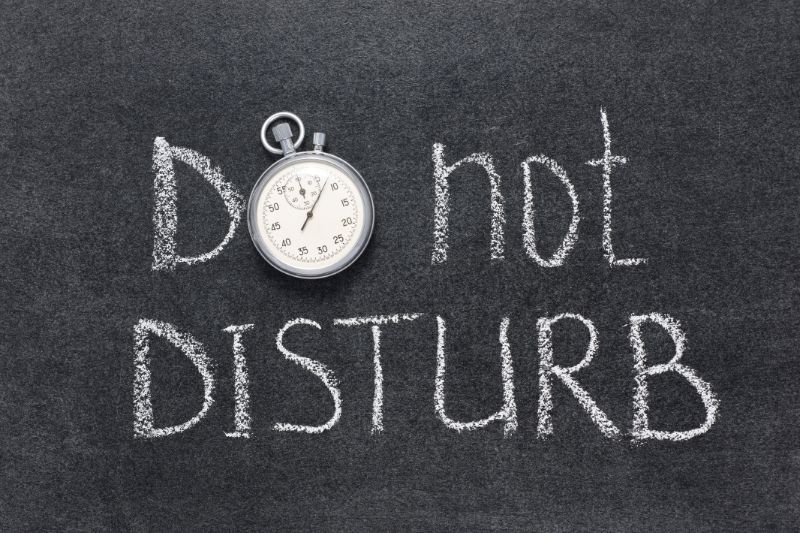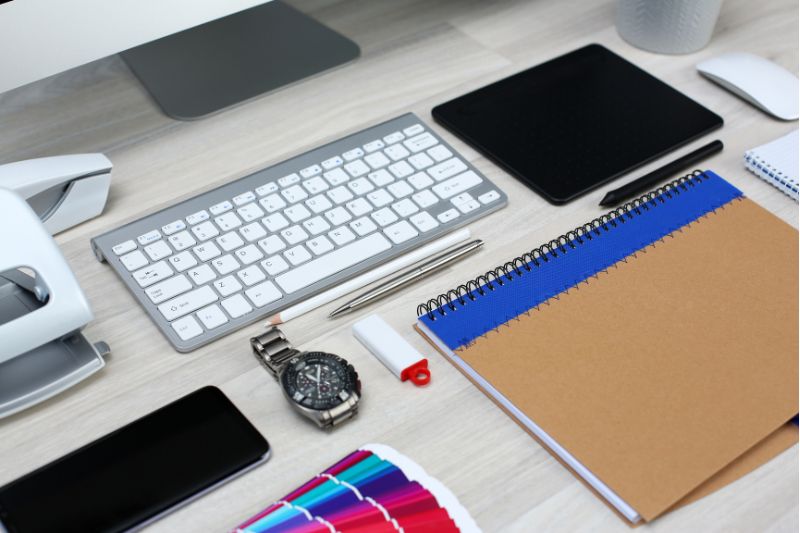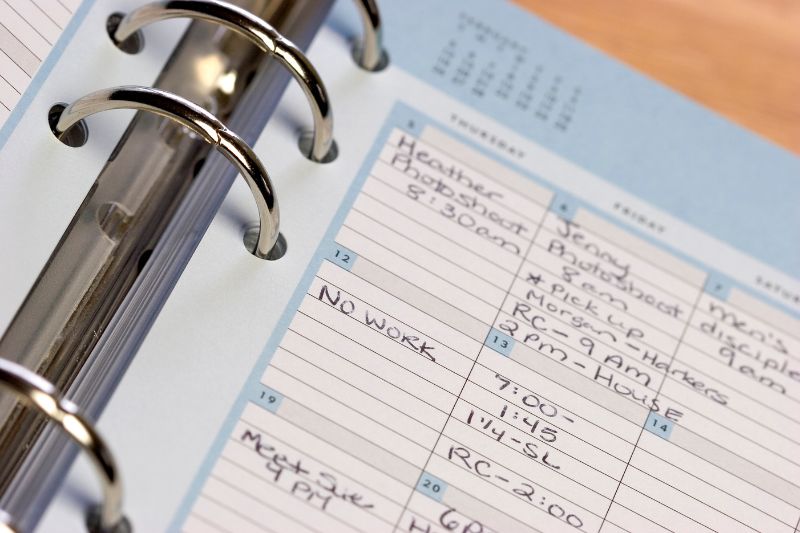 With the hectic pace of modern life, many adults find it hard to keep up, follow-through, and get ahead in their work lives. The to-do list keeps getting longer, the phone buzzes constantly and there are multiple projects to juggle all at once. Folks with ADHD often struggle with the demands of such high-octane work environments. ADHD makes it more difficult to keep focused, manage competing priorities and stay organized. But, the way it affects work performance varies widely from person-to-person. On the one hand, someone may wrestle with a messy desk and tardiness to meetings. On the other hand, somebody else may arrive to appointments on time but can’t seem to stick with projects until completion or build relationships with colleagues. Let’s consider some strategies to help you stay engaged, motivated, and confident in the workplace.
With the hectic pace of modern life, many adults find it hard to keep up, follow-through, and get ahead in their work lives. The to-do list keeps getting longer, the phone buzzes constantly and there are multiple projects to juggle all at once. Folks with ADHD often struggle with the demands of such high-octane work environments. ADHD makes it more difficult to keep focused, manage competing priorities and stay organized. But, the way it affects work performance varies widely from person-to-person. On the one hand, someone may wrestle with a messy desk and tardiness to meetings. On the other hand, somebody else may arrive to appointments on time but can’t seem to stick with projects until completion or build relationships with colleagues. Let’s consider some strategies to help you stay engaged, motivated, and confident in the workplace.
Minimize Distractions
It’s a wonder how anybody can be productive with a constant flow of emails, phone calls, meetings, and questions. ADHD makes it especially difficult to stay focused with so much going on. While it’s impossible to fully control your work environment, there are things you can do to keep distractions down to a minimum.  Set up specific work times with timed, intermittent break periods. Turn off your phone or use a “do not disturb” app or setting during these work periods. Plan for specific times to check your phone during the day–say in the morning before getting started on a task, at lunch and one time in the afternoon. Limiting access and the distraction of your phone will improve your focus and sustained attention. Close all tabs which are not related to the work you’re currently doing. Studies have proven that multitasking doesn’t work. In fact, it makes you far less efficient. Try using one browser for non-work stuff and then another for work projects. When your field of vision is too crowded with too many tabs, notifications or alerts on your computer, it’s much tougher to persist on your goals. Figure out what helps you concentrate. Do you need a quiet place to work? Would noise-canceling headphones be useful? How about white or brown noise? Once you’ve clarified this, you can establish the workspace that makes sense for you.
Set up specific work times with timed, intermittent break periods. Turn off your phone or use a “do not disturb” app or setting during these work periods. Plan for specific times to check your phone during the day–say in the morning before getting started on a task, at lunch and one time in the afternoon. Limiting access and the distraction of your phone will improve your focus and sustained attention. Close all tabs which are not related to the work you’re currently doing. Studies have proven that multitasking doesn’t work. In fact, it makes you far less efficient. Try using one browser for non-work stuff and then another for work projects. When your field of vision is too crowded with too many tabs, notifications or alerts on your computer, it’s much tougher to persist on your goals. Figure out what helps you concentrate. Do you need a quiet place to work? Would noise-canceling headphones be useful? How about white or brown noise? Once you’ve clarified this, you can establish the workspace that makes sense for you.
Organize Your Work Space
 Whether you work at home or at an office, you will likely find it much easier to work in a tidy environment. Clutter is just another distraction that can get in the way of you doing your best. Since it can be so tough to sort through piles and there may be many of them, some people avoid organizing altogether. It helps if you start from the premise that everything has its own place. Create these places with files, boxes or baskets and label them with names such as “To Do Urgent,” “ To Do Important but not Urgent,” “Interesting for later,” and “Unsure.” The goal is to clear your immediate work space but not go through every folder or paper. That’s for a rainy day. Some folks make it a habit to clean up at the end of the work day so you’ll have a clean start the following day. Others have a little pre-work routine where they tidy their work space before they begin work while enjoying a cup of coffee. A clean space will make you feel more calm and grounded while you work, and who wouldn’t want that?
Whether you work at home or at an office, you will likely find it much easier to work in a tidy environment. Clutter is just another distraction that can get in the way of you doing your best. Since it can be so tough to sort through piles and there may be many of them, some people avoid organizing altogether. It helps if you start from the premise that everything has its own place. Create these places with files, boxes or baskets and label them with names such as “To Do Urgent,” “ To Do Important but not Urgent,” “Interesting for later,” and “Unsure.” The goal is to clear your immediate work space but not go through every folder or paper. That’s for a rainy day. Some folks make it a habit to clean up at the end of the work day so you’ll have a clean start the following day. Others have a little pre-work routine where they tidy their work space before they begin work while enjoying a cup of coffee. A clean space will make you feel more calm and grounded while you work, and who wouldn’t want that?
Chunk Your Time
 Time management isn’t easy to master, but you can help yourself along the way, taking small steps toward staying on top of your schedule. When it comes to being punctual, setting a few alarms and notifications can be a life saver. But you also have to allow for how much time it takes to go somewhere. Make sure you give yourself enough time with the alarms and notifications to gather materials, grab a cup of tea or use the bathroom. Use Backward Design to assist you with making correct estimations. While punctuality is important, delivering your work on time is essential to your professional success. When you consistently meet your deadlines, you will gain a reputation for being reliable and conscientious. Use calendars and timelines to map out your work. Break down projects into chunks of work so you can feel a sense of accomplishment. This will encourage you to keep going.
Time management isn’t easy to master, but you can help yourself along the way, taking small steps toward staying on top of your schedule. When it comes to being punctual, setting a few alarms and notifications can be a life saver. But you also have to allow for how much time it takes to go somewhere. Make sure you give yourself enough time with the alarms and notifications to gather materials, grab a cup of tea or use the bathroom. Use Backward Design to assist you with making correct estimations. While punctuality is important, delivering your work on time is essential to your professional success. When you consistently meet your deadlines, you will gain a reputation for being reliable and conscientious. Use calendars and timelines to map out your work. Break down projects into chunks of work so you can feel a sense of accomplishment. This will encourage you to keep going.
Buddy Up
 Finding a friend at work is both emotionally rewarding and helpful. If you find yourself confused, frustrated, or in need of support, having a work buddy to turn to is invaluable. They can help you figure out a difficult problem or explain something you didn’t grasp during a meeting. Work friends can also be body doubles.You can work alongside each other, improving each other’s productivity and offering mutual encouragement. Hopefully, a close colleague will understand your challenges, may be willing to guide or mentor you, as well as cheer you on.
Finding a friend at work is both emotionally rewarding and helpful. If you find yourself confused, frustrated, or in need of support, having a work buddy to turn to is invaluable. They can help you figure out a difficult problem or explain something you didn’t grasp during a meeting. Work friends can also be body doubles.You can work alongside each other, improving each other’s productivity and offering mutual encouragement. Hopefully, a close colleague will understand your challenges, may be willing to guide or mentor you, as well as cheer you on.
Celebrate Your Accomplishments
Take the time to recognize that you work extra hard with ADHD to push forward and persevere despite the executive functioning challenges you face. Celebrate your strengths and progress as well as your accomplishments. Take time at the end of each day or each week to reflect on three things that went well, what you’ve learned and what you’ve accomplished. Write these down so you can go back and reread them whenever you need to boost your confidence. Remember that progress is more important than perfection. Take pride in yourself and your capabilities. You’ve earned it! Your primary goals are to relieve stress, increase productivity, and get things done simultaneously. So please be sure to recognize when you need extra help, empower yourself to ask for it, and accept it.
Share this:
Interested in Learning More?
ADHD & Neurodiversity Blog Posts
Practical Ways to Reduce and Manage Social Anxiety
Want to ask Dr. Saline a question? Click Here
Become A Member
Follow me on social media: YouTube, Facebook, Twitter, and Instagram. Invite Me to Speak | Join A Group | Newsletter | Read my blog
Get your FREE handout: How to Be Productive and Focused with ADHD when you sign up for my newsletter – plus you’ll receive 10% off your first order!




